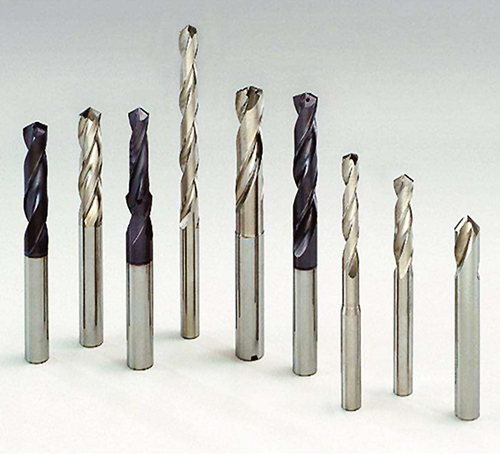Are you looking for the size of the metric drill bit?
Here is a detailed introduction. We hope we can help you. If you have a problem with the drill bit, you can also use our drill bit grinder to repair it. The size of various drills can be repaired by corresponding drill bit grinding machines.
Metric drill bit sizes define the diameter of the bit in terms of standard metric lengths. Standards organizations define sets of sizes that are conventionally manufactured and stocked. For example, British Standard BS 328 defines sizes from 0.2 mm to 25.0 mm.
From 0.2 through 0.98 mm, sizes are defined as follows, where N is an integer from 2 through 9:
- N · 0.1 mm
- N · 0.1 + 0.02 mm
- N · 0.1 + 0.05 mm
- N · 0.1 + 0.08 mm
From 1.0 through 2.95 mm, sizes are defined as follows, where N is an integer from 10 through 29:
- N · 0.1 mm
- N · 0.1 + 0.05 mm
From 3.0 through 13.9 mm, sizes are defined as follows, where N is an integer from 30 through 139:
- N · 0.1 mm
From 14.0 through 25.0 mm, sizes are defined as follows, where M is an integer from 14 through 25:
- M · 1 mm
- M · 1 + 0.25 mm
- M · 1 + 0.5 mm
- M · 1 + 0.75 mm
Small diameter increments can be used in smaller sizes. This reflects the small diameter tolerances that may exist on smaller holes, and the desire of designers to provide bit size within 10% of any hole size.
The price and availability of bits of a particular size do not vary uniformly in size. Drills with a size of 1 mm are the most common and lowest in price. At a market stall you might find a bit of 1 millimeter increments. At 0.5 millimeter increments, any hardware store. At 0.1 mm increments, any engineer’s shop. In addition to drill bits with a diameter of less than 1mm, there is usually no small size device. The normal size of the drill, such as 2.55mm, must be ordered from the professional drill bit supplier. This standard size setting is in sharp contrast to the usual digital bit drill. In this case, it is rare to find a set of devices that do not contain every standard in the market.
There are also Renard series sequences of preferred metric drill bits:
R5 (factor 1.58) : M2.5, M4, M6, M10, M16, M24
R10 (factor 1.26): M3, M5, M8, M12, M20, M30
Metric dimensioning is routinely used for drill bits of all types, although the details of BS 328 apply only to twist drill bits. For example, a set of Forstner bits may contain 10, 15, 20, 25 and 30 mm diameter cutters.










